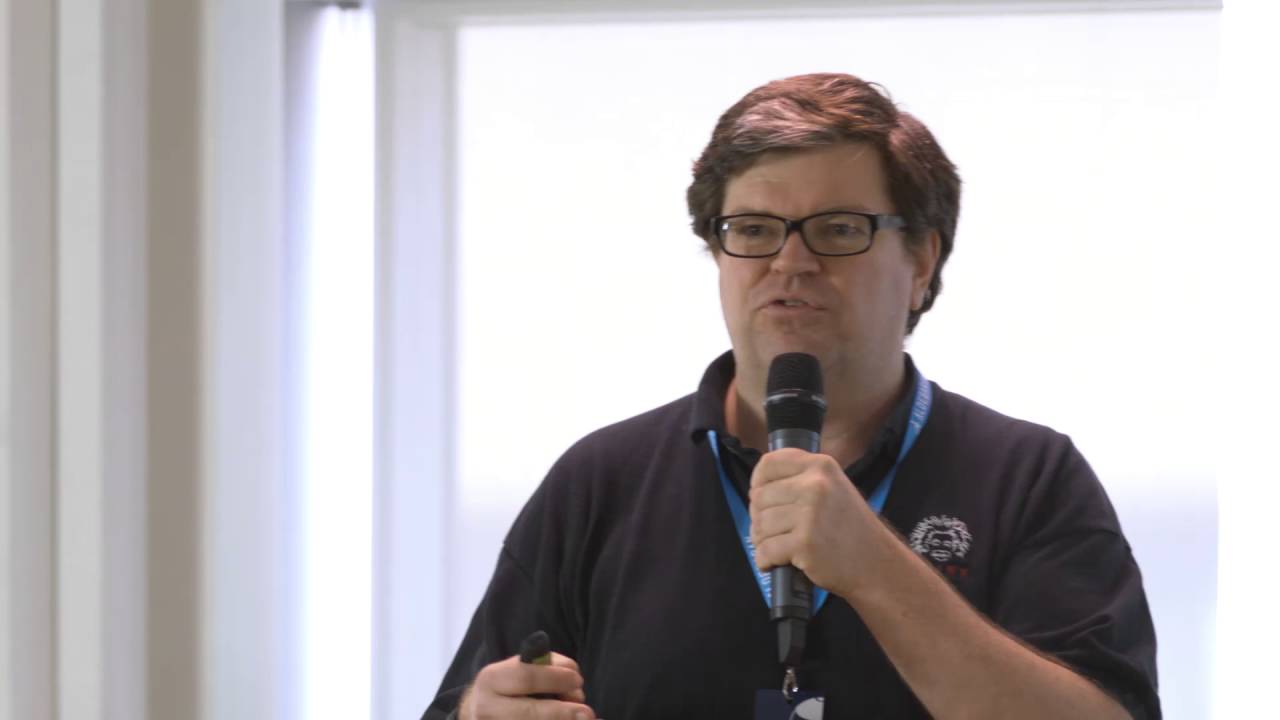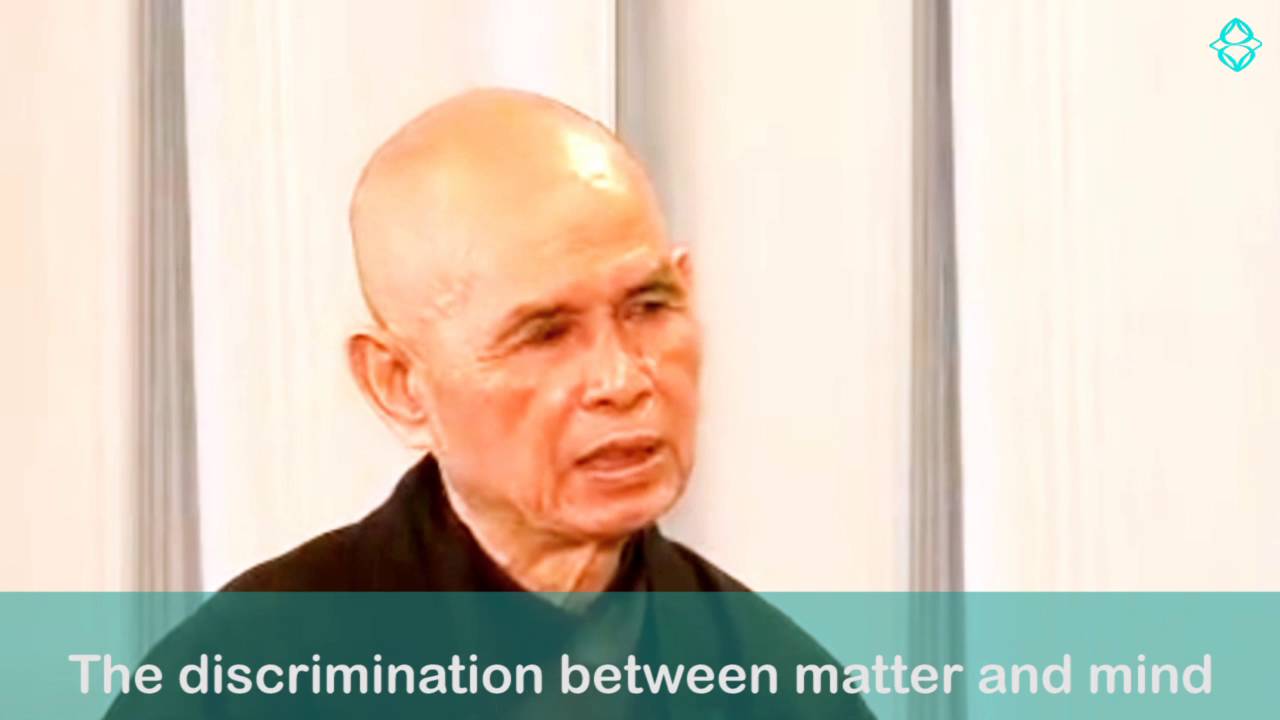SoftBank Robotics Europe
Over the last few years, rapid progress in AI have enabled our smartphones, social networks, and search engines to understand our voice, recognize our faces, and identifiy objects in our photos with very good accuracy. These improvements are due in large part to the emergence of a new class of machine learning methods known as Deep Learning. A particular type of deep learning system called convolutional network (ConvNet) has been particularly successful for image and speech recognition.
But we are still quite far from emulating the learning abilities of animal of humans. A key element we are missing is predictive (or unsupervised) learning: the ability of a machine to model the environment, predict possible futures and understand how the world works by observing it and acting in it, a very active topic of research at the moment.
Yann LeCun,
Facebook AI Research & New York University.
—
Yann LeCun is Director of AI Research at Facebook, and Silver Professor of Dara Science, Computer Science, Neural Science, and Electrical Engineering at New York University, affiliated with the NYU Center for Data Science, the Courant Institute of Mathematical Science, the Center for Neural Science, and the Electrical and Computer Engineering Department.
He received the Electrical Engineer Diploma from Ecole Superieure d’Ingenieurs en Electrotechnique et Electronique (ESIEE), Paris in 1983, and a PhD in Computer Science from Universite Pierre et Marie Curie (Paris) in 1987. After a postdoc at the University of Toronto, he joined AT&T Bell Laboratories in Holmdel, NJ in 1988. He became head of the Image Processing Research Department at AT&T Labs-Research in 1996, and joined NYU as a professor in 2003, after a brief period as a Fellow of the NEC Research Institute in Princeton. From 2012 to 2014 he directed NYU’s initiative in data science and became the founding director of the NYU Center for Data Science. He was named Director of AI Research at Facebook in late 2013 and retains a part-time position on the NYU faculty.
His current interests include AI, machine learning, computer perception, mobile robotics, and computational neuroscience. He has published over 180 technical papers and book chapters on these topics as well as on neural networks, handwriting recognition, image processing and compression, and on dedicated circuits and architectures for computer perception. The character recognition technology he developed at Bell Labs is used by several banks around the world to read checks and was reading between 10 and 20% of all the checks in the US in the early 2000s. His image compression technology, called DjVu, is used by hundreds of web sites and publishers and millions of users to access scanned documents on the Web. Since the late 80’s he has been working on deep learning methods, particularly the convolutional network model, which is the basis of many products and services deployed by companies such as Facebook, Google, Microsoft, Baidu, IBM, NEC, AT&T and others for image and video understanding, document recognition, human-computer interaction, and speech recognition.
LeCun has been on the editorial board of IJCV, IEEE PAMI, and IEEE Trans. Neural Networks, was program chair of CVPR’06, and is chair of ICLR 2013 and 2014. He is on the science advisory board of Institute for Pure and Applied Mathematics, and has advised many large and small companies about machine learning technology, including several startups he co-founded. He is the lead faculty at NYU for the Moore-Sloan Data Science Environment, a $36M initiative in collaboration with UC Berkeley and University of Washington to develop data-driven methods in the sciences. He is the recipient of the 2014 IEEE Neural Network Pioneer Award.
Source




that's jack black?
This video lays out the current state of practical AI in the wild very well. Fairly easy to understand as well.
Very interesting, good talk!
the baby gazelle in in the savannah knows how to run just when it's born. Why shouldn't that be encoded by supervised learning over Mio. years time into the gazelle's DNA??
Great Presentation .The video becomes most useful if the slides shown by the speaker are also visible to the viewers.
1
Can anyone share the sllides of this presentation?
poor audio